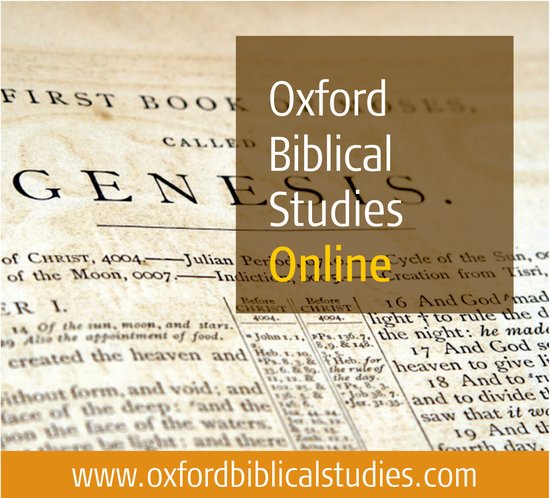By Robert Repino
From 1990 to 2010, Professor Emanuel Tov (Professor Emeritus, Hebrew University of Jerusalem) served as the Editor in Chief of the Dead Sea Scrolls Publication Project, producing over thirty volumes from the famed 1947 discovery near Qumran. The scrolls — written between 250 B.C.E. and 70 C.E. by a Jewish monastic community (most likely the Essenes) — have had an enormous impact on Biblical studies scholarship over the last 65 years, calling into question, among many other things, the origin and influence of certain practices and beliefs. The volumes that Tov helped to produce during his tenure can now be found in the Discoveries in the Judaean Desert series, the foundational point of reference for students of the Dead Sea Scrolls.
Not surprisingly, Professor Tov is also one of the leading experts in the field of textual criticism, a method which aims to determine the reliability of a given text based on its historical context, transmission history, competing versions, and varying interpretations. This is a crucial and controversial process, given that no original manuscript of any book of the Bible has ever been recovered. Rather than consulting an original document, scholars have had to rely on numerous versions that were copied by hand and edited over generations. Complicating matters even further is the possibility that there simply is no “original” text to be unearthed or pieced together — multiple variants may have circulated among religious communities for many years. Though this situation is common among ancient documents, the connection between the Bible and religious doctrine is so strong that it was only recently that the practice of textual criticism has begun to take root, driven in large part by the Dead Sea Scrolls discovery.
In this interview (audio below) conducted for Oxford Biblical Studies Online (OBSO), Professor Marc Brettler (Brandeis University) discusses with Professor Tov his early days as a scholar of Biblical studies, his research into the Qumran scrolls, and the legacy of his work — most notably his landmark book Textual Criticism of the Hebrew Bible (3rd ed., revised and expanded; Minneapolis: Fortress Press, 2012), which continues to set the standard for his field.
[audio:https://oupblog.wpenginepowered.com/wp-content/audio/obso-tov-interview.mp3]A transcription with footnotes is available on Oxford Biblical Studies Online.
Robert Repino is an Editor in the Reference department of Oxford University Press. After serving in the Peace Corps in Grenada, he earned an MFA in Creative Writing at Emerson College. His work has appeared in several publications, including The African American National Biography (2nd Edition), The Literary Review, The Coachella Review, Hobart, and JMWW.
Oxford Biblical Studies Online provides a comprehensive resource for the study of the Bible and biblical history. The integration of authoritative scholarly texts and reference works with tools that provide ease of research into the background, context, and issues related to the Bible make Oxford Biblical Studies Online a valuable resource not only for college students, scholars, and clergy, but also anyone in need of an authoritative, ecumenical, and up-to-date resource.
Subscribe to the OUPblog via email or RSS.
Subscribe to only religion articles on the OUPblog via email or RSS.
Podcast: Play in new window | Download
Subscribe: RSS


[…] OUP Blog has posted an interview between Marc Brettler and Emanuel Tov where Tov discusses his Career in Biblical Studies and […]
[…] can listen to the full audio interview here.Share this:EmailBioLatest Posts Joshua BrelandEditor/Contributor Follower of Christ, husband to […]